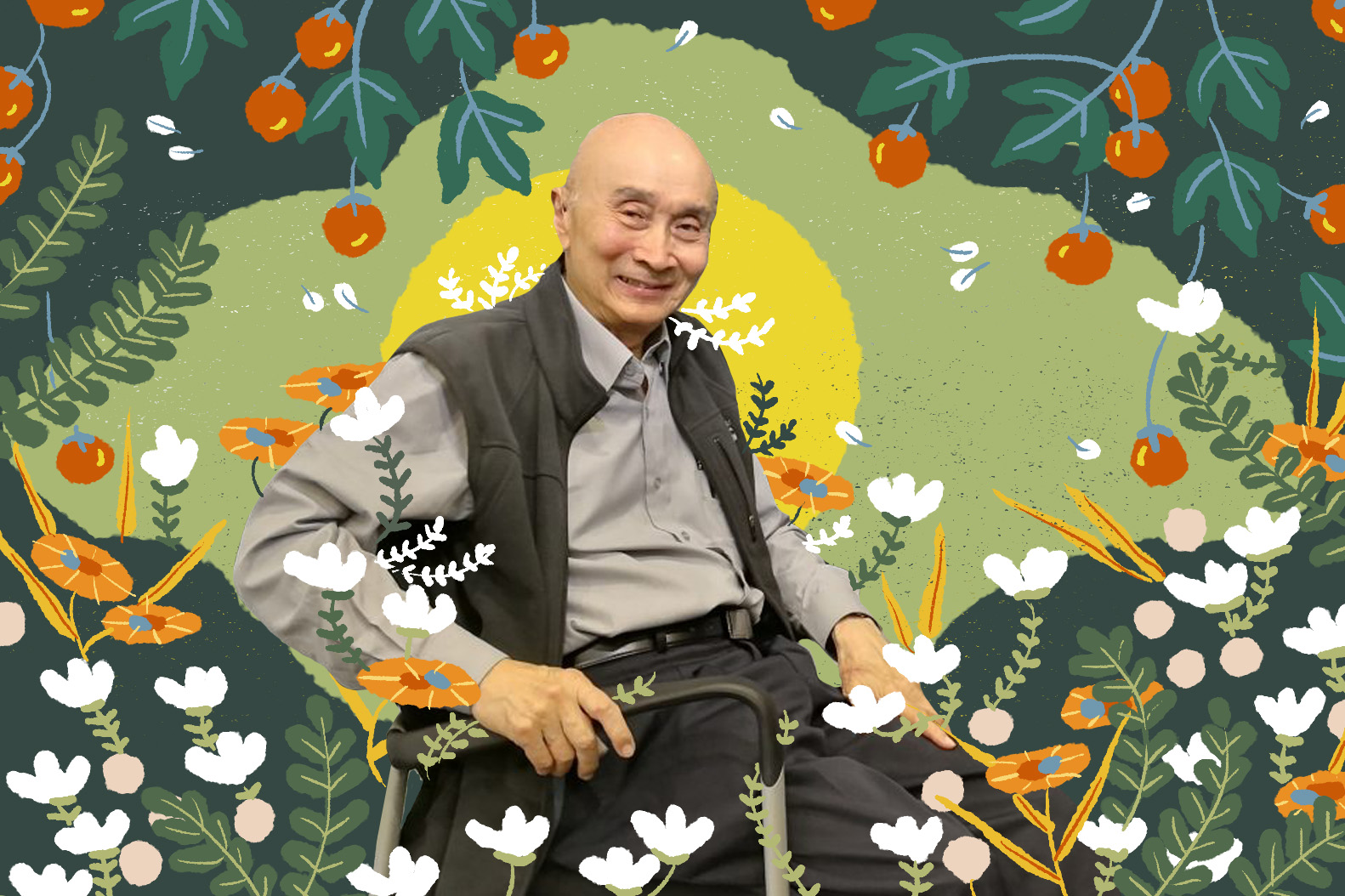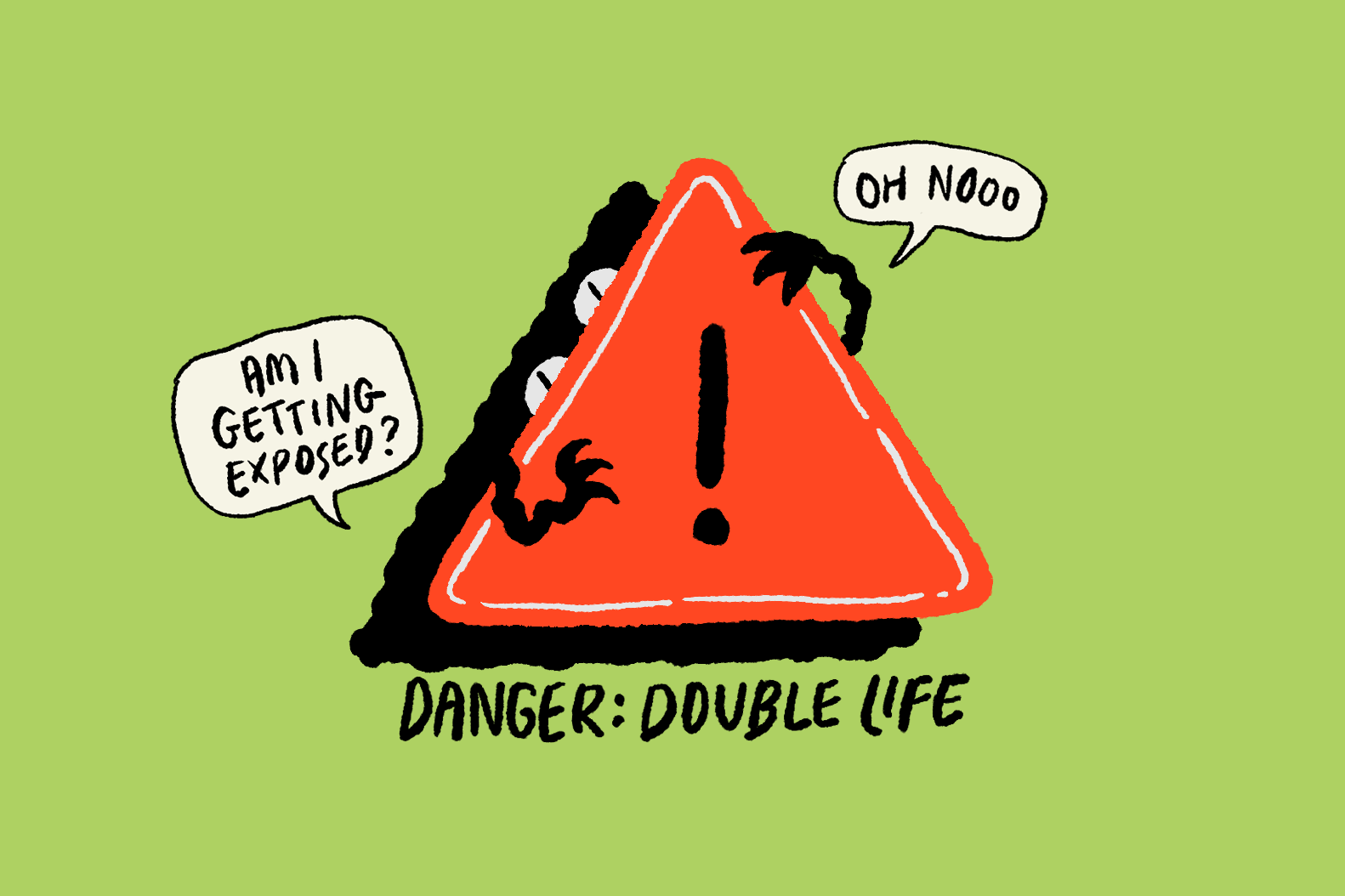Jim Chew was called home to the Lord on Thursday, October 24, 2019. He was 81. The former national director of The Navigators Singapore last served in The Navigators of New Zealand as Asia-Pacific Missions Mentors with his wife, Selene. He passed away after a long battle with lung cancer.
In late 2016, Jim Chew sat down for a wide-ranging interview with Thir.st. In this article, he shares about his journey of discovering his calling as a missionary.
I received Christ when I was 10 years old thanks to my mother. She was no evangelist, but I can still remember the day I came to the Lord.
She was by the sewing machine and said to me: “Jimmy, do you know your friends over there have all received Jesus?
“…Just because Papa and I are Christians doesn’t mean you’re one. You’ve got to receive Jesus personally.”
And the Spirit of God used those words to convict me: “Bam!” I was just 10, but I had a great and scary sense of loss in my soul.
Fortunately, our church had an evangelistic meeting that evening, and John Oswald Sanders (former general director of China Inland Mission, now known as OMF International) was speaking on Romans 9 and 10. That evening my sister and I received the Lord.
My dad (Dr Benjamin Chew, the chairman of the executive committee for the Billy Graham Crusade) drove both of us practically around the island to help us process our decision. The next morning we went right to the Bible and he taught me to study it. With godly parents, my foundations were strong.
In the university, I started praying about where God was leading me career-wise. My three or four years studying economics and leading Varsity Christian Fellowship (VCF) were the finest years of my young life. Dhanabalan (former Cabinet Minister S Dhanabalan), myself and a couple of others decided we were going to reach all our buddies for Christ – which we did.
I still can picture that scene in the Dunearn Road hostel. We invited a whole bunch of friends to a dorm to read and discuss the Bible for 40 minutes. They sat around puffing cigarettes. The room was full of holy smoke as we opened the pages of the Bible.
We’d talk about Jesus – what He did and said. And one by one they prayed to receive Christ. That was wonderful! We faced some problems, but those were great days.
Throughout university, I’d record what God was saying to me in my journal, and it became increasingly clear that He was calling me to – I won’t say serve Him full-time – simply give my life for disciple-making.
In economics we talk about scarcity, and the most pressing scarcity I saw was what Jesus spoke of: The harvest is plentiful, but labourers are few (Matthew 9:37-38). I felt God leading me to make disciples so they could be labourers in the harvest fields.
Another conviction I had, thanks to my father, was the Lordship of Christ.
I knew it was more important to follow Jesus from Monday to Saturday than simply attend church on Sunday.
Of course my perspective had to grow at that time, but my father taught me that Jesus was Lord of all my studies: economics, geography, English. My dad showed me answers to all the world’s philosophies in the book of Ecclesiastes.
Boy, I’d scratch my head, but then I’d start searching. We did the same with economics, and my mind was blown. I wrote a paper on it and eventually taught it to people in the marketplace.
It was quite an adventure seeing the relevance of God’s Word in everything I studied.
Thankfully, my dad was mentoring me throughout. He’d introduce me to books such as The Wealth of Nations by Adam Smith.
Above all, I knew that Jesus was Lord of all. You could never realistically separate the sacred from the secular.
I thought I might end up in a bank or teach economics, but I knew it was most important to be where God wanted me. I knew it was more important to follow Jesus from Monday to Saturday than simply attend church on Sunday.
A sense of God-given vocation is so important.
It was rather clear that God was leading me towards some Christian ministry. I started with VCF and never looked back. Thank God for OMF missionaries, discipleship-training centres and Youth For Christ who gave me a passion for evangelism, and The Navigators who helped me in disciple-making.
After I graduated I went for five months of missions training in Vietnam. I spent eight hours a day in Word and prayer with The Navigators, overseas crusades and serving in a local church.
I came back and learnt that thousands had decided to follow Christ during that time, without anyone to follow up with them. My church elders asked me to consider going full-time to minister to them.
It wasn’t my plan. I wanted some work experience. I wanted to get into the working world under the Lordship of Christ, get my feet wet, figure it out. But God’s call to missions was clear.
I shared this with my father. He looked at me and said: “Mum and I have prayed with all your siblings that you’d be the one.”
Of course, they never told me, you know. My father wanted to be a missionary, but God closed that door. In those days, we also thought of missions as the highest possible calling you can have.
But I’ve since altered that mindset quite a bit.
Young people need to know that it’s not more spiritual to be a pastor or a missionary…
I think of how God wonderfully led my friends into politics where they witness powerfully. In that sense, we are all missionaries and need to look at our calling and vocation as sacred.
The Bible says that your calling and gifts are irrevocable. The context may change, but you are special.
Young people need to know that it’s not more spiritual to be a pastor, a missionary, or to have 15 faith committees under you. What’s most spiritual, and the highest calling, is to walk with God right there where He has placed you in the world.
Clarifying your career or vocation, however, is a process.
Within every sphere, believers are given a variety of gifts. We need to be witnesses as doctors, lawyers, teachers, engineers, politicians… That’s the picture I see in scripture – one Body, many parts.
So I prayed over a period of three to five years, and it became clear.
Knowing that I wasn’t going into the workplace, I connected with my friends there. I did further courses in administration and kept up with my economics.
Later I began to realise why God allowed me to study economics because 90 per cent of the people I work with are businessmen and professionals. So we would talk about labour laws, how to treat your workers… some of them lead companies with 5,000 people in Sri Lanka and Vietnam.
God always has a plan.
I love Psalm 16. It says “the boundary lines have fallen for me in pleasant places”. I’ve got a good godly heritage, but God continues to lead me.
Psalm 139 says that God goes before and behind me, and puts His hand on me. I don’t see the future, but I trust the sovereignty of God.
To read our other stories from the interview with Jim, see:
Parting thoughts: The late Jim Chew on his hopes for the next generation
My mistakes as a young missionary: Former Navigators National Director Jim Chew
- Is Jesus Lord over all your life?
- How are you stewarding the skills and talents He has given you?
- Do you have a sense of your God-given vocation?









